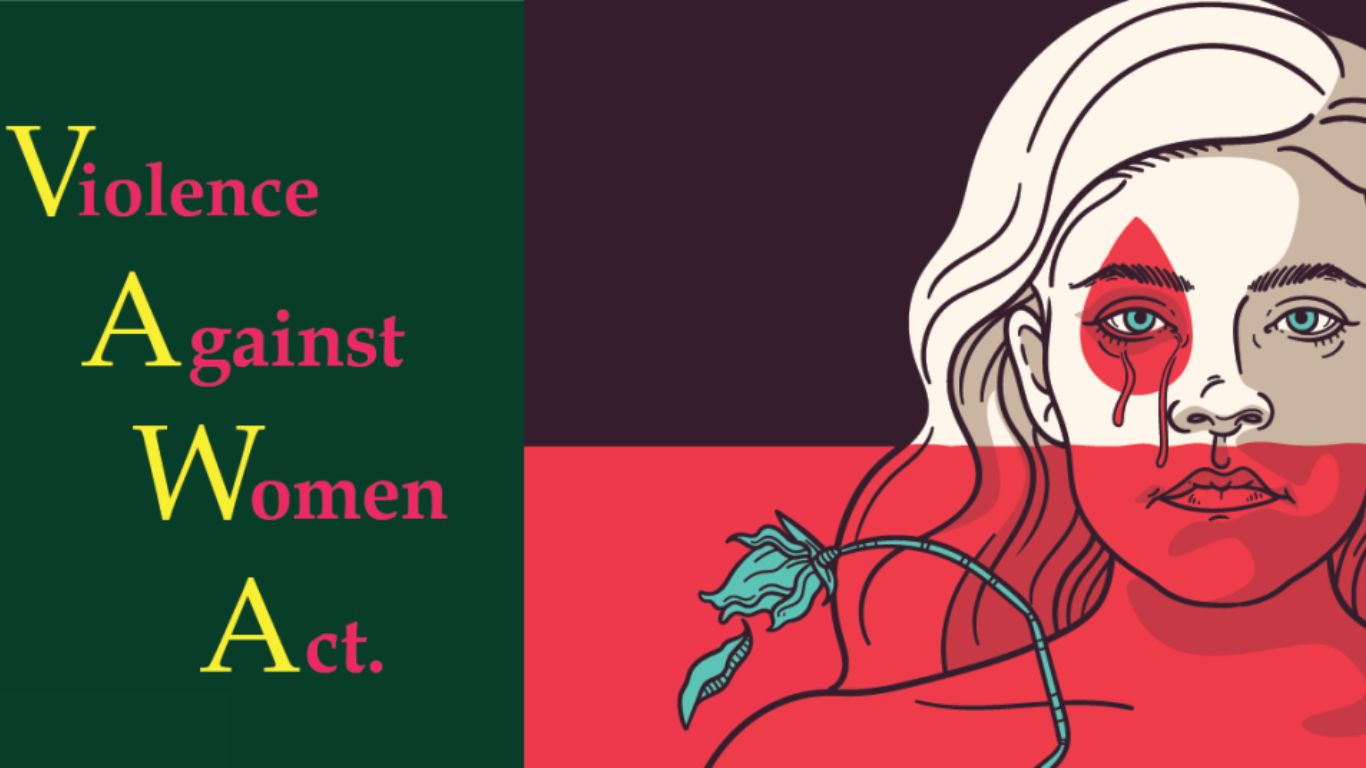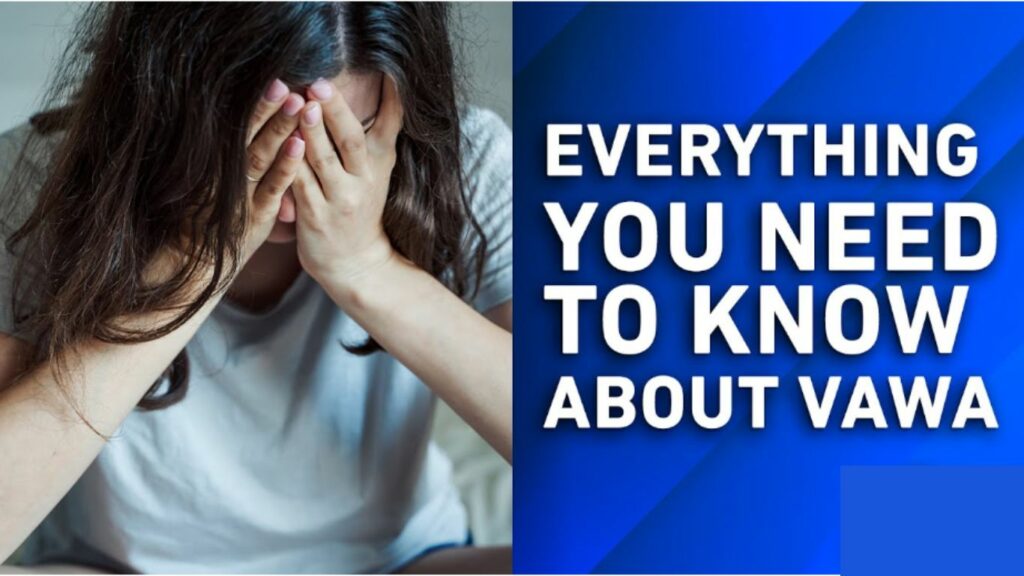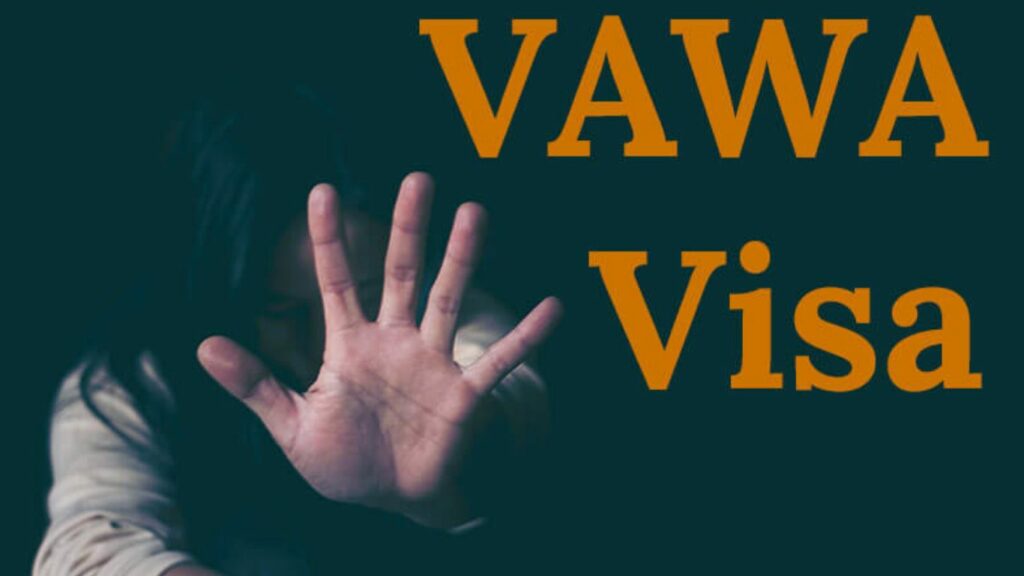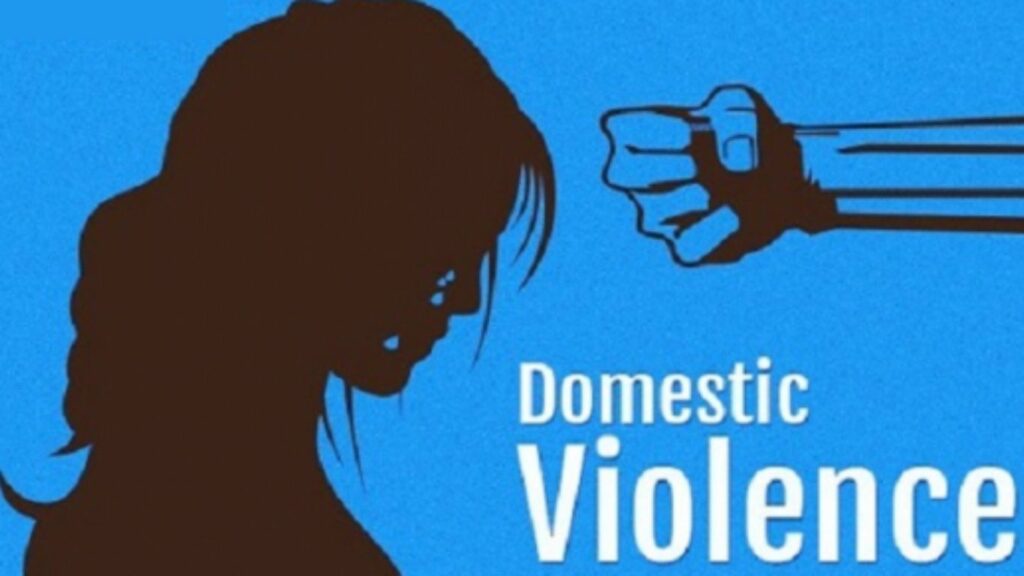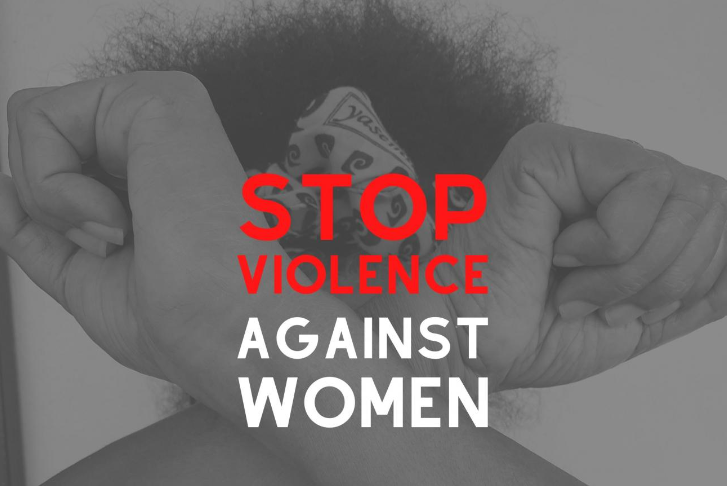Domestic violence is a harsh reality, affecting both men and women. Nowadays, when anything to everything is available online then why won’t the help be? This is where the acts like violence against women come into play. The Violence Against Women Act (VAWA) is a federal law designed to protect and support victims of domestic violence, dating violence, sexual assault, and stalking. In this article, we will explore what VAWA is, how it helps people facing domestic violence and the legal provisions that can relieve victims. If you are a victim, then its time for you to rescue yourself!
What is the Violence Against Women Act?
VAWA stands for the Violence Against Women Act. Initially enacted in 1994, this federal law has been expanded over the years to encompass a broader range of victims and situations. While the law’s name focuses on women, it is crucial to emphasize that VAWA protections are available to all genders, regardless of sexual orientation or identity. The law recognizes that domestic violence affects people from all walks of life.
The Impact of VAWA
On March 7, 2013, the Violence Against Women Reauthorization Act of 2013 was signed into law, significantly extending housing protections to victims of domestic violence, dating violence, sexual assault, stalking, and other related situations. These protections are not limited to traditional housing but also apply to programs for the homeless.
For individuals facing domestic violence, VAWA offers a lifeline of support and legal recourse. Victims can take action to protect themselves without needing extensive legal processes. It is essential to understand that you don’t have to endure abuse silently. There are swift and effective ways to address the situation and secure housing, even if you are in federally funded programs like HUD Section 8 housing, affordable housing, or low-income housing.
Legal Protections Under VAWA
VAWA defines several critical terms that help determine who may be covered by its protections. These definitions are broad, ensuring that a wide range of situations falls under the law’s umbrella. Here are some key definitions:
- Current or Former Spouse or Victim: VAWA protections extend to individuals who are or were in a spousal or intimate partner relationship. This includes spouses, ex-spouses, and individuals sharing a child.
- Cohabitating or Cohabitated with the Victim’s Spouse: This category covers people who have lived or are living with the victim’s spouse, even if they are not legally married.
- Persons Similarly Situated to a Spouse: VAWA recognizes that abusers can come in various forms, including those in a position similar to a spouse.
- Dating Violence: Any non-consensual act of violence in a dating relationship is considered dating violence under VAWA. It does not require a lengthy relationship; even a brief encounter qualifies.
- Sexual Assault: Non-consensual sexual acts, as defined by federal, tribal, or state laws, fall under this category. Lack of consent is the key factor.
- Stalking: VAWA defines stalking as a pattern of repeated acts intended to harm, harass, intimidate, or instill fear in the victim. These acts can take various forms, including online harassment.
It’s crucial to understand that VAWA covers a broad spectrum of situations. Whether it’s physical violence, threats, harassment, or even implied harm, the law provides protection.
How To Get Help and Support?
If you or someone you know is facing domestic violence, there are resources available to provide assistance and guidance. The National Domestic Violence Hotline can be reached at 1-800-799-SAFE (7233) or 1-800-787-3224 for those who are deaf or hard of hearing. Don’t hesitate to seek help and support; you don’t have to go through this alone.
Frequently Asked Questions
1. What is the Violence Against Women Act (VAWA)?
The Violence Against Women Act (VAWA) is a federal law designed to protect and support victims of domestic violence, dating violence, sexual assault, and stalking. It offers legal safeguards and resources to individuals facing these situations.
2. Who is eligible for protection under VAWA?
VAWA protections are not limited by gender, sexual orientation, or identity. The law covers a wide range of individuals, including current and former spouses, cohabitants, persons similarly situated to a spouse, and victims of dating violence, sexual assault, and stalking.
3. How does VAWA help victims of domestic violence?
VAWA extends housing protections to victims, allowing them to secure safe housing quickly. It also offers legal recourse against abusers, regardless of whether they own or lease the property. Victims can take action without the need for extensive legal processes.
4. What are the key definitions under VAWA?
VAWA provides definitions for terms like dating violence, sexual assault, stalking, and persons covered by the law. These definitions are broad, ensuring that various situations fall under the law’s protection.
5. Where can I seek help if I am a victim of domestic violence?
If you are a victim or know someone facing domestic violence, you can reach out to the National Domestic Violence Hotline at 1-800-799-SAFE (7233). For those who are deaf or hard of hearing, the number is 1-800-787-3224. These resources offer guidance and support for individuals in need.
Conclusion
The Violence Against Women Act is a crucial piece of legislation that offers significant protection and support to victims of domestic violence, dating violence, sexual assault, and stalking. It is essential to recognize that the law is inclusive, protecting individuals of all genders and orientations. If you or someone you know is experiencing domestic violence, please seek help immediately. The resources and legal protections are in place to ensure your safety and well-being, and the rules of the game have changed to prioritize victims and their rights. You are not alone, and help is available.

